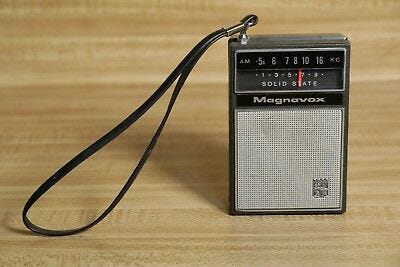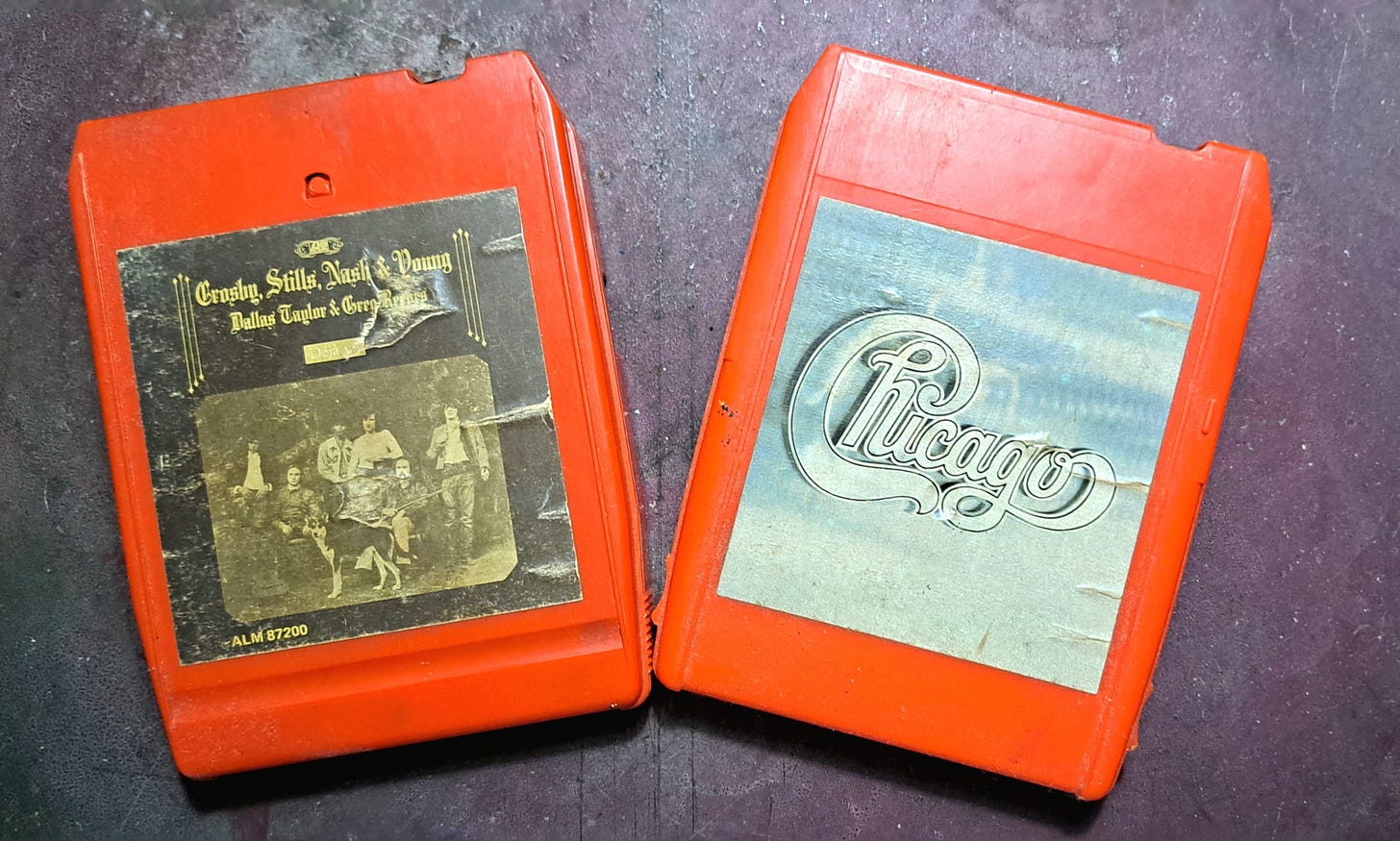Stereophonic Senses: Old Listening Habits and Modern Day Distortions
A look back at growing up with music in the home and the changes in listening behavior
Music is a foundational influence in life.
It seeps deep into your soul at an early age and settles in for the long haul. It touches your past and explodes your emotions on levels that are not fully explained. Music resonates within each cell and pulsates with the changing rhythms of your body and mind.
I’ve lived outside America for over 33 years, mostly in Asia, but with a few years in Africa. I grew up bopping to my parents’ Elvis and Creedence Clearwater Revival records. I’ve worked in Kenya and swayed to the tempo of high strung Swahili songs. And I’ve mellowed out to the ethereal tones of Indonesian-style gamelan gongs.
All of these musical variations tend to embed into your soul and spirit, while broadening your sonic landscape. But in all my global travels, the songs of home still hit the hardest. Those early influences cement strong bonds that bind you to a culture.
As a kid growing up in the 1960s, there were usually two choices for listening to music: a portable transistor radio or a stereophonic console in the living room.
I strapped the Magnavox on my wrist and carried it everywhere. It was a gateway into a world of different melodies: country twang, pulsating rock n’ roll tunes, organ heavy church music, and rhythmic jazz jams.
At night, I slept with the transistor hidden under my pillow to catch the high-powered broadcasts of cool jazz from Chicago and any other musical genres from distant hubs.
Early Influences and Music Evolution
My dad was a military man from the South. My mom was straight out of the Great Plains grasslands. Early on, my siblings and I grew up listening to their record collection, before 8-track tapes became the more portable choice.
One person dominated both the record collection and playing time on the stereophonic: Elvis Presley. My parents lived during the early days of Rock ‘n’ Roll when radio and stores catered to a white-dominated music industry.

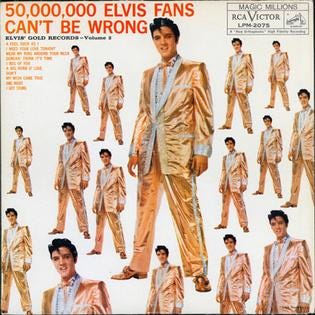
But not even Elvis could hold back the tsunami of sound that changed in our household. Two of the more memorable additions that I remember are Charley Pride and Herb Alpert.
As an African-American country singer, Charley Pride was already an anomaly among mainstream country singers. The other oddity was that I can’t recall any other country artists from my dad’s music catalog. And even stranger is that, Charley, may have been the only Black artist played in the house.
Listen to Is Anybody Going to San Antone for a real taste of Charley’s deep vocal smoothness.
The weirdest thing about the popularity of Herb Alpert & the Tijuana Brass is that he was a trumpet player. Not a jazz musician, but a pop performer. And he wrote instrumental songs. The album cover from his Whipped Cream & Other Delights was a bit racy for the mid-Sixties. I never forgot that particular album cover.
This YouTube comment sums up both the artist and the artwork:
Listen to A Taste of Honey to hear the power of pop and melody from a trumpet.

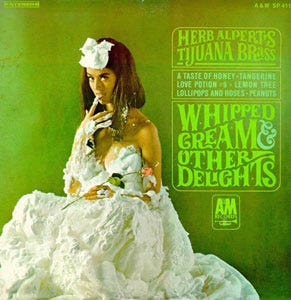
Listening With Ears Versus Eyes
Music is also a memory black hole. So much of your youth is sucked into that space where melodies and songs filled the airwaves. Television wasn’t able to sustain your attention. There were only three TV channels and shows only came on once a week. In contrast, radios were everywhere at anytime.
In our day Hi-Fi (high fidelity) stereo was like WiFi internet today. The turntable console was the prime piece of furniture. It was the focal point. Old and new albums, together with popular single 45 records, played one side and then were flipped over to hear the other side.
Years later, we advanced to stereo systems in the bedroom, 8-track players and cassette players in the car, followed by the CD, Ipod and smartphone digital revolution.


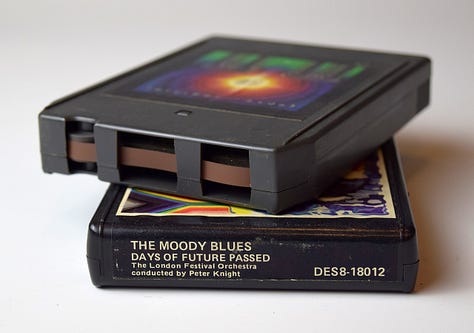

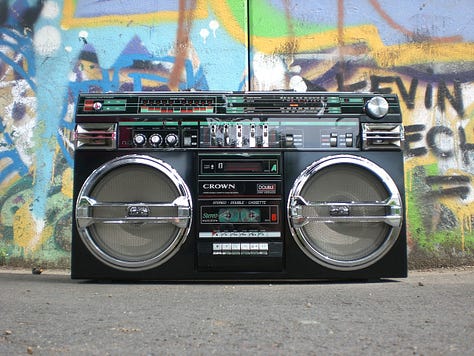




When I left America, I gave my album collection to my brother. Albums do not travel well. In the following decades, I restocked my music compilation in cassette format, but refused to change again to CDs.
Then the internet kicked in and Napster became a disruptive juggernaut. Digital audio downloads and sharing files not only raided the record industry, but provided payback for having to purchase albums on multiple platforms.
It was not really a fair deal for musicians, but it was the first time the rebellious notions of rock and punk came to fruition. The power shifted into the computers of consumers.
Digital music is a blessing and a curse. On the upside, carrying five-hundred songs in your hand is phenomenal. We hauled a ten-pack of 8-track tapes in a container the size of a loaf of bread. On the downside, digital sound is earbud centric.
We grew up trying to engulf ourselves in the music. A good pair of speakers, set in just the right position, could blow your ears off. This was aural heaven. Even portable boomboxes set out to achieve this goal of blasting soundwaves through your body.
But sadly today, the eyes have it.
First, digital audio and earphones are a poor alternative to speakers. Second, video games are now the new stereos. A controller plugs you into a PlayStation or Xbox, where eyeballs stayed glued for hours. The focus, strain and stimulation are all very intense.
Whereas, analog generations savored the infusion of sonic blasts smashing our senses, digital generations are addicted to constant streams of electronic pulses. These are two different sensations.
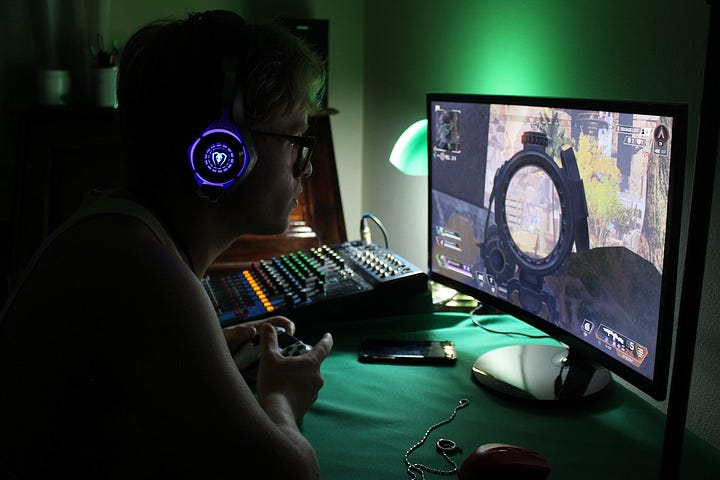
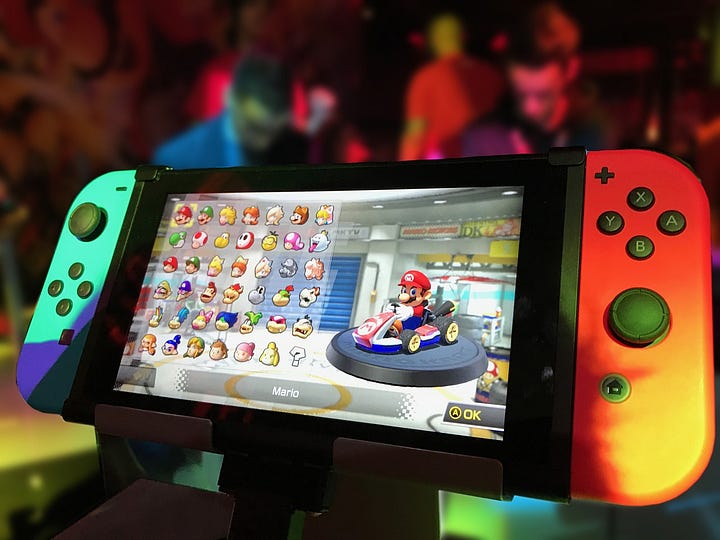
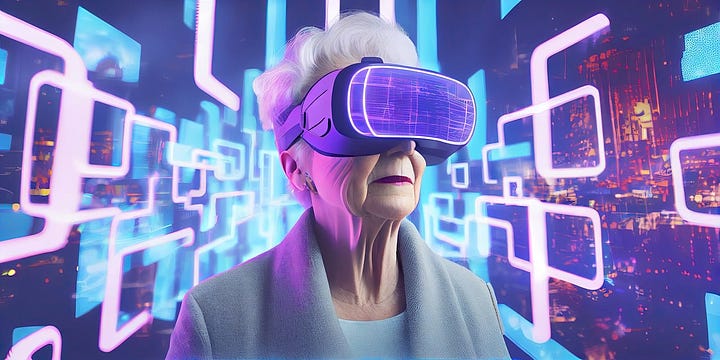
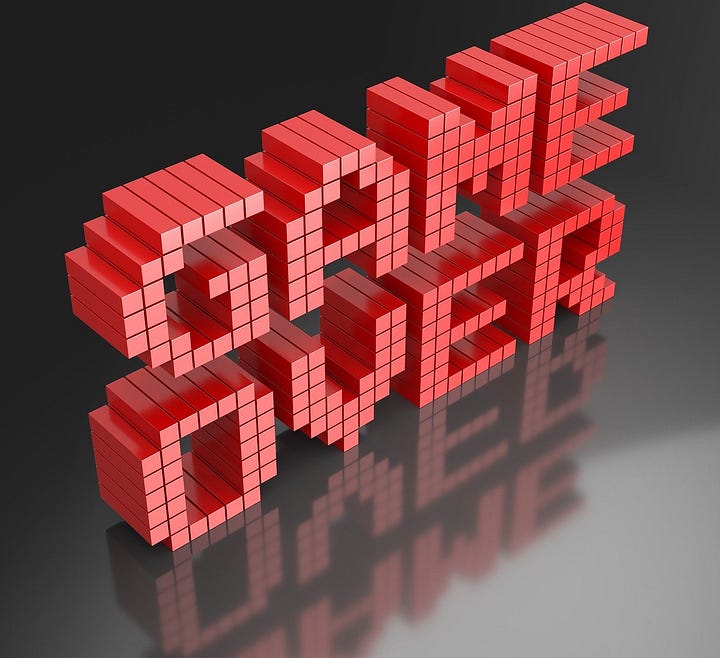
Losing the Essence
For at least the last decade, maybe two, I’ve succumbed to the convenience of digital audio. I no longer even try to listen to music with a good pair of speakers. My puny computer speakers play YouTube video songs, so I watch more than listen. My smartphone headphones only offer functionality over even a smidgen of trying to rock out.
It’s all very pedestrian and pathetic.
I miss those days of ‘cranking up’ the tunes and riding on the edge of ear damage. However, the visual revolution is a hallmark of our new lifestyle.
It’s a rare instance now to just close your eyes and embrace the acoustical world. It offers a different feel and energy to untrampled realms. It allows you to reach a place within without eyeball capture.
There is too much noise in the modern world. And not enough essence.
[Photo Source: Motorola record player, Magnavox transistor radio]
====================================
If you like the songs and/or essays, please help me distribute them by sharing and following me on Twitter, Substack and Instagram.
I appreciate your time and support in this endeavor. Except in special cases, my original songs are free to the public. Please be mindful that alterations for racist intent is not permitted. Be critical, not hateful.





